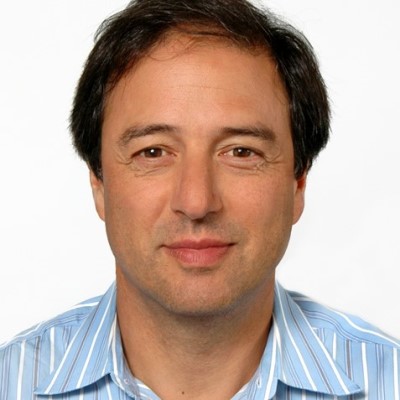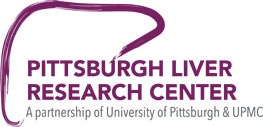
Alan Wells, MD, DMSc
Liver-Related Work
The Wells Laboratory research program, in close collaboration with its research partners, aims to understand cell migration in terms of how motility processes are regulated, and understand how this regulation of migration plays a role in physiologic and pathologic situations. We are integrating the knowledge gained from our biochemical and biophysical mechanistic studies into our investigations concerning conditions of dysregulated (tumor invasion) and orchestrated (wound healing and organogenesis) cell motility. As part of understanding the motility response, we are investigating both how this particular integrated cell response is selected from among others and the metabolic consequences of motility. This integrative approach provides reinforcing insights and novel avenues for exploration into the basic signaling pathways as well as functioning of whole organism. As a model system, we explore motility signaling from the epidermal growth factor receptor (EGFR) in adherent cells. EGFR plays a central role in the functioning in a wide variety of both stromal and epithelial tissues, and is the prototype for other receptors with intrinsic tyrosine kinase activity. Thus, these studies should have widespread implications.
The two central foci are tumor progression and wound repair. In tumor progression, we examine breast and prostate carcinoma invasion and metastases in terms of molecular signals and the special micro-environments. For this, the laboratory uses human tissues, animal models, and a unique 4-dimensional liver microtissue. In would repair, the current model system is skin wound healing, in which the communications between the epidermis, dermis, and blood vessels is parsed at the molecular levels. The role of stem cells in the natural repair process and as a rationale therapeutic is also being investigated. These two areas are re-inforcing as many of the key molecules and cellular processes are part of the generalizable onco-fetal-wound program.
Thomas Gill Professor of Pathology
